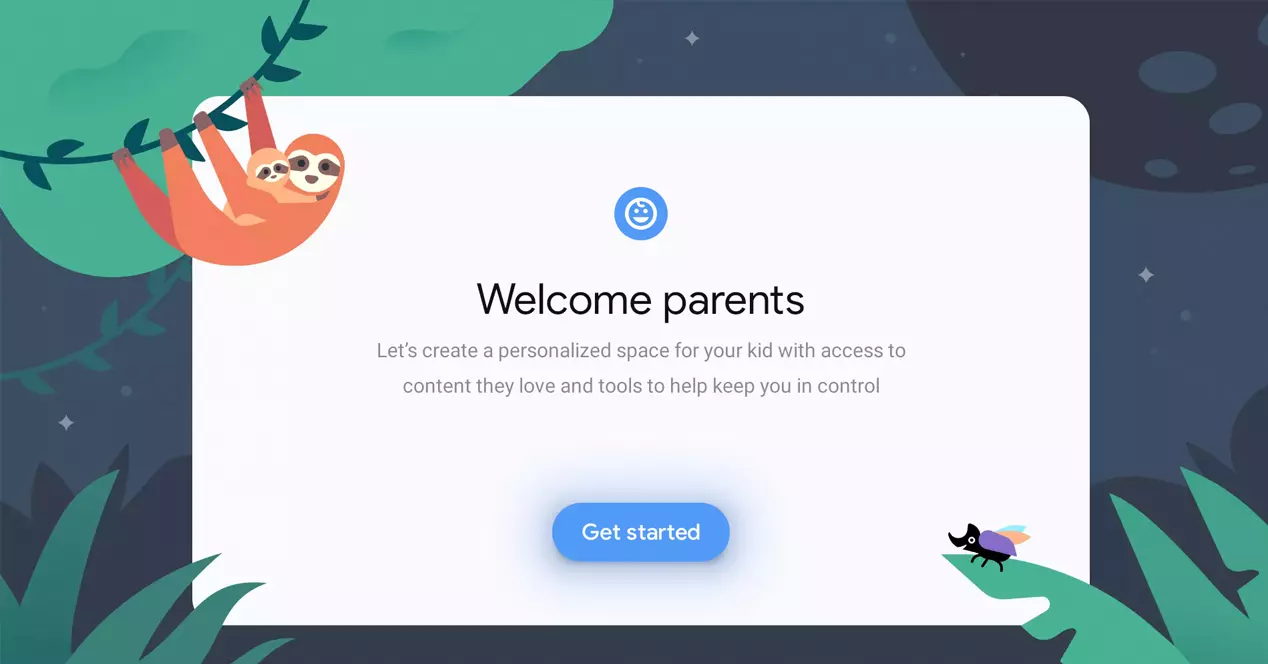
If anything has saved Google from scrutiny by regulators and claims for potentially monopolistic positions, it’s that unlike Apple with iOS they have always allowed third-party stores, third-party payment systems in apps and app sideloading. Not in vain, Europe advances in the regulation so that the operating systems, read iOS and derivatives, have to admit these measures that Apple has always refused, with arguments that indicate the detriment of the security and privacy of the users.
However, and as we have been able to read today in some media, it seems that Google would be rethinking its policies in this regard, and that its objective would therefore be to approach the Apple model. This approach is quite understandable, considering the vicissitudes faced by Christian Ghisler, the developer of the veteran and very popular file explorer Total Commander. A software that some of us came to use on PCs in the nineties, and that made the leap to Android quite some time ago, becoming one of the most popular apps in its category.
One of the functions of Total Commander is that, until now, and by allowing the file structure to be explored, it also allowed the installation of apps. This function is common in this type of app, which in turn is one of the reasons for its great popularity. However, Ghisler received a communication from Google a few weeks ago, indicating that your app would be removed from the Google Play Store within a week if it was not modified to conform to Android app store policies.
The references in the message received by the developer pointed to the following points:
«An application distributed through Google Play may not be modified, replaced, or updated by any method other than the Google Play update mechanism. Also, an app may not download executable code (for example, dex, JAR, .so files) from a source other than Google Play. This restriction does not apply to code running in a virtual machine or an interpreter where either provides indirect access to Android APIs (such as JavaScript in a web view or in a browser).
Applications or third-party code (for example, SDKs) with interpreted languages (JavaScript, Python, Lua, etc.) loaded at runtime (for example, not bundled with the application) must not allow potential policy violations from Google Play.»
Since Total Commander’s app install feature could be used to update itself, the developer updated it so that this was no longer possible, thinking that this would solve the problem. However, the next response he got from Google was as follows:
«As mentioned above, their app (APK versions 1031, 1032, 1033, 1034, 1035, and 1036) causes users to download or install apps from unknown sources outside of Google Play.»
This is quite ambiguous, really. What does it mean “causes users to download or install applications«? The fact that the chosen word was not “allows” means that Google’s response is not as clear as one might expect. In any case, the developer eliminated the possibility of installing apps from Total Commander, and with that version he managed to recover the approval of Google.
This move by the search engine company has put the rest of the developers of this type of app in a tense situation, as they hope that what happened with Total Commander also applies to their apps. And the fact that the only solution accepted by Google has been the elimination of the installation function, leads us to interpret the ambiguity of the message with the theory that “causes” is, in this particular case, synonymous with “allows”.
Is Google therefore following in Apple’s footsteps with iOS? It is known that Android’s security policies regarding the installation of apps, being much more permissive than Apple’s, have caused a greater proliferation of malware on this platform. A restrictive measure of this type could result in greater security for users. But at what price?
First, such a measure would be very unwelcome by most Android users, defenders of the open model of Google’s operating system versus Apple’s. I’m sure that the search engine company is very aware of this, and the potentially negative consequences that it would have to face in adopting this new policy.
But it’s not just that. As I mentioned at the beginning, Apple is facing regulators around the world precisely because of its policies in this regard. We can expect that, in the short term, the law makes it mandatory to allow such functions. And if we know this, we can imagine that Google’s legal department is even more aware of it. And what sense would it make, precisely at this moment, to adopt policies that go against the regulatory future in this regard that lies ahead?
Personally, I have a hard time believing that Google is moving in that direction, although it is true that what happened with Total Commander clearly points in that line. What do you think? Do you think Google has changed its mind and is moving towards a model closer to Apple’s, with limitations on sideloading?
With information from Android Police





